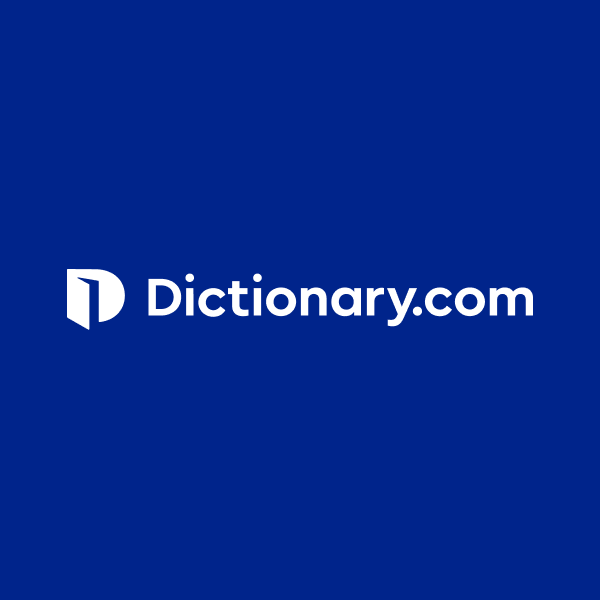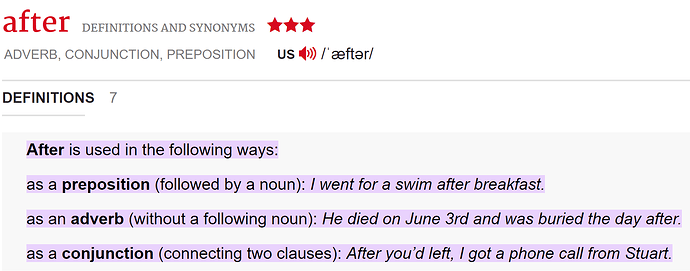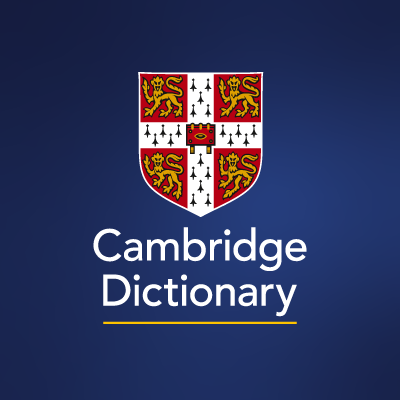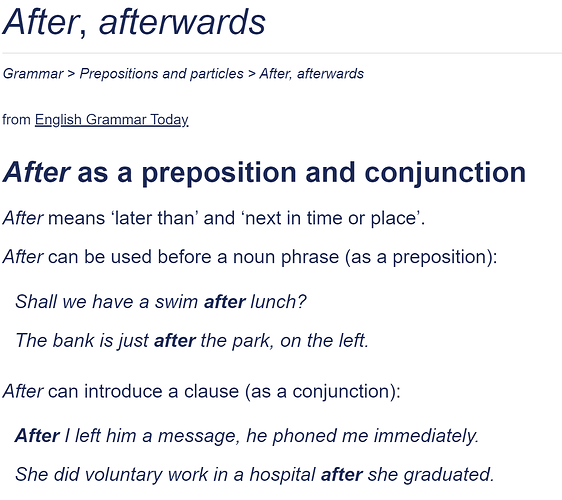The next set of exercises from Conclusion of Part 2 in Elliot’s grammar article.
I’m not going to do a full breakdown of subject/verb/object unless it’s complicated enough to be interesting.
I work hard and I play hard.
First clause “I work hard”
Coordinating conjunction: “and”
Second clause “I play hard”
Farting or belching is mildly impolite.
Verb: “is” - action verb
Subject phrase: “Farting or belching”
First noun: “Farting”
Coordinating conjunction: “or”
Second noun: “belching”
Object phrase: “mildly impolite”
I went to a fancy university, yet I’m still quite ignorant.
Main clause: “I went to a fancy university”
Subordinating conjunction: “, yet”
Subordinate clause “I’m still quite ignorant”
I write because I like good ideas.
Main clause: “I write”
Subordinating conjunction: “because”
Subordinate clause: “I like good ideas”
The bully hit my buddy and me pretty hard.
Verb: “hit”
Subject phrase: “The bully”
Object phrase: “my buddy and me”
Noun phrase: “my buddy”
Coordinating conjunction: “and”
Noun “me”
Adverb: “pretty hard”
I seriously think that Ayn Rand was wise.
Main clause: “I seriously think”
Subordinating conjunction: “that”
Subordinate clause: “Ayn Rand was wise”
Don’t chew quickly while your mouth is open.
Main clause: “Don’t chew quickly”
Subordinating conjunction: “while”
Subordinate clause: “your mouth is open”
My daughter likes big dogs, but my son likes adorable cats.
First clause “My daughter likes big dogs”
Coordinating conjunction: “, but”
Second clause “my son likes adorable cats”
If universities are full of uncurious professors, don’t attend one.
Subordinating conjunction: “If”
Subordinate clause: “universities are full of uncurious professors”
Main clause: “don’t attend one”
After you throw a small, red ball, while you sing, you should stamp your feet loudly, and you should clap your hands energetically, if it’s still daytime.
Subordinate clause - modifying main clause pair
Subordinating conjunction: “After” - applies to the rest of the subordinate clause
-Main clause: “you throw a small, red ball”
-Subordinating conjunction: “while”
-Subordinate clause: “you sing”
Main clause pair:
First clause “you should stamp your feet loudly”
Coordinating conjunction “and”
Second clause “you should clap your hands energetically”
Subordinate clause - modifying main clause pair
Subordinating conjunction “if”
Subordinate clause “it’s still daytime”






